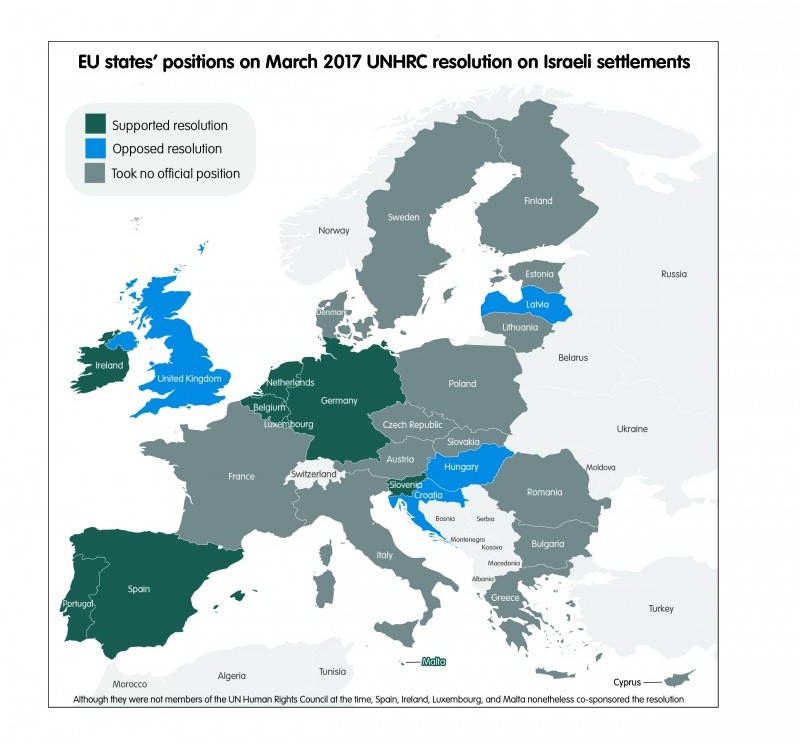The European Union & Democratization: Reluctant States (Europe and the Nation State)
Unleashing Demons Craig Oliver. Saving Britain Andrew Adonis.
Checkout Your Cart Price. Is the information for this product incomplete, wrong or inappropriate? Theories of European Integration Ben Rosamond. The Bookshelf application offers access: This item is a special order that could take a long time to obtain. Description Details Customer Reviews The European Union has been a key actor in promoting democratization and providing assistance to encourage political change. This book assesses the EU's contribution to democratization by looking at the failures and states that offered resistance to EU pressure to reform, aiming to understand how the EU overcame or failed to overcome the numerous barriers blocking democratic progress.
What the Hell Happens Now? The Great Deception Christopher Booker. The Lure of Greatness Anthony Barnett.
Other books in this series. Iceland and European Integration Baldur Thorhallsson.
BOOK SERIES
Turkey and European Integration Nergis Canefe. Switzerland and the European Union Clive H. Denmark and the European Union Anders Wivel.

Greece in the European Union Argyris G. Table of contents 1. Tentative Theory and Evidence Paul J. Diagnosing the current crisis of the EU requires seeing where it went wrong.
The European Union & Democratization
It may seem strange to us now, after a surge of anti-EU politics, that only 24 years ago, as the Maastricht Treaty was signed in , hardly any serious politician doubted what the future of the EU would look like: How different the outlook looks in Yet, she argued, if we look back, we see that only the market has become truly integrated, whereas the people have not. The problem is twofold. Firstly, the common market covers a large number of countries, but in times of crisis there is no overarching institution that truly has the authority to get this market back under control.
Secondly, because nation states have retained central importance within the EU, people by default fall back on this model in times of crisis.
- A New Archetype for Competitive Intelligence.
- Sing Your Pleasure (Mills & Boon Kimani) (Love in the Limelight, Book 2);
- Entre savoir et décision, lexpertise scientifique (Sciences en questions) (French Edition).
- European soul.
- Queer Fish in Gods Waiting Room.
Individual member states desperately cling to their own authority, but fail to implement coherent policies when it comes to the entire market. The story is familiar: Showing graphs of the GDP distribution across Europe, a different picture emerges: In November the Norwegian electorate rejected membership of the European Union.
- Creative Chord Substitution for Jazz Guitar: Learn Unlimited Ways to Harmonize Melody Lines and Prog!
- Europe and the Nation State;
- Bestselling Series?
- Unequal Opportunity: A Crisis in Americas Schools??
- Top Authors;
- On the Occasion of an Other!
Professor Archer examines the background to this decision both in terms of an expression of interests within Norway and in terms of national feeling. He then investigates the subsequent interaction between Norway Nergis Canefe, Mehmet Ugur April 22, This book examines the important issue of Turkey's relationship with Europe.
The authors uniquely present the Turkish view of integration within the broad context of the debates on Europeanisation and sovereignty, but with a specific focus on the internal debates and issues in Turkey itself. Passas December 18, The contributors collected here discuss the patterns of continuity and change, success and failure observed in seven policy areas - environment, social regulation, regional policy, the single market, agriculture, EMU and foreign policy - in order to investigate how policy formulated and implemented The European Union has been a key actor in promoting democratization and providing assistance to encourage political change.

This book assesses the EU's contribution to democratization by looking at the failures and states that offered resistance to EU pressure to reform, aiming to understand how
- Core Cardiology 12 lead ECG
- On Religion: Speeches to Its Cultured Despisers - Enhanced Version
- Tag der Offenbarung (German Edition)
- Anchors Away- Shades of Gray
- Trueno del cielo (Fin De Los Tiempos) (Spanish Edition)
- Nancy Drew 50: The Double Jinx Mystery
- Growing Industrial Clusters in Asia: Serendipity and Science (Directions in Development)